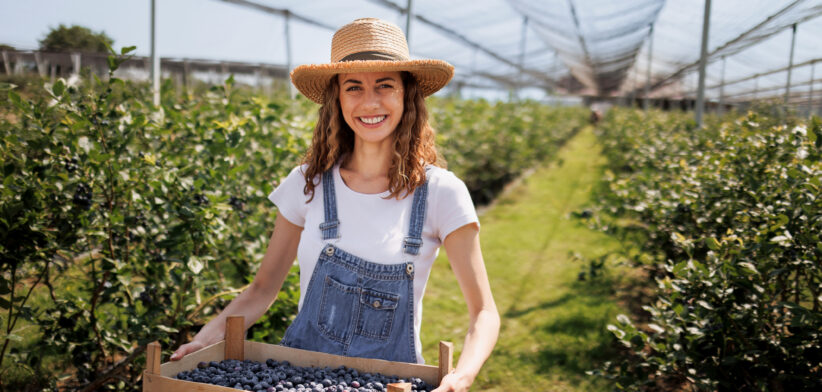Worldwide production of “nutritionally dense” foods such as fruits, vegetables, nuts and legumes is being hampered by a lack of insect pollinators.
A team of researchers led by Rutgers University-New Brunswick analysed crop yields of more than 1500 fields on six continents.
The results, detailed in Nature Ecology & Evolution, showed that between one third and two-thirds of farms were underproducing because of a pollinator shortage.
The study followed broad concern over recent years that global declines in bee numbers were threatening food supplies.
“Our findings are a cause for concern and optimism,” study author Katie Turo said.
“We did detect widespread yield deficits. However, we also estimate that, through continued investment in pollinator management and research, it is likely that we can improve the efficiency of our existing crop fields to meet the nutritional needs of our global population.”
Pollination by bees and other animals is critical to the proliferation of what Dr Turo describes as “nutrient-dense and interesting foods that we like and are culturally relevant,” such as fruits, vegetables, nuts, and legumes.
“If you look through a list of crops and think about which fruits and vegetables you’re most excited to eat— like summer berries or apples and pumpkins in the fall—those are the crops that typically need to be pollinated by insects,” Dr Turo said.
Pollination is the process of transferring pollen from the male part of a flower to the female part, which allows a plant to become fertilized and produce seeds, fruits and young plants.
Pollen can be moved by wind, water or pollinators such as bees and other insects and other animals, such as bats.
Pollinators support the reproduction of about 88 percent of the world’s flowering plants and 76 percent of the leading global food crops.
The study found that blueberry, coffee and apple crops were most frequently affected by pollinator limitation.
Researchers found yield deficits for 25 unique crops and in 85 percent of the countries evaluated.
“The findings are significant because crop yields, which measure the amount of crops grown per unit area of land, are relevant to assessing the adequacy of the world’s food supply relative to its population,” lead researcher Professor Rachael Winfree said.
“Our findings show that by paying more attention to pollinators, growers could make agricultural fields more productive.”
The full report is on the Rutgers website.








